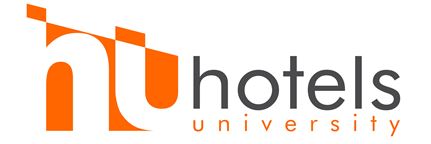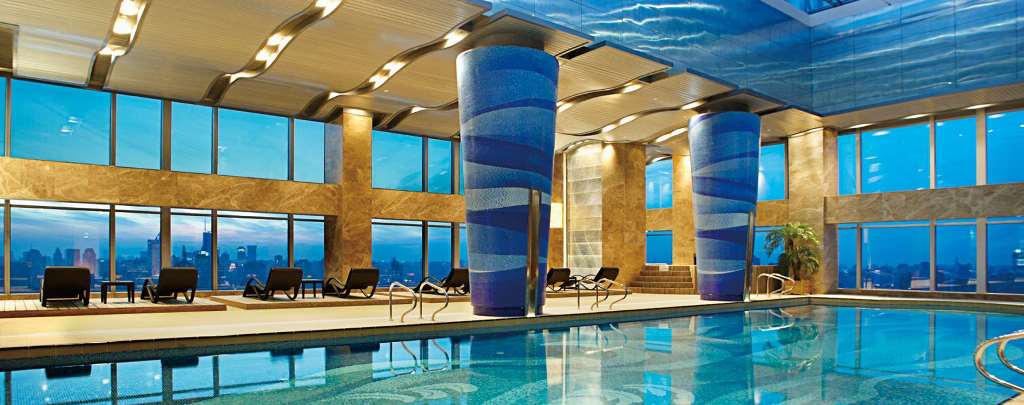Turn up the heat in your pool room and save money…
It may seem counterintuitive, but by paying a little more to heat your pool room, you may actually be saving money on your hotel utility bills. The reason for this boils down to one simple word… evaporation.
A hotel pool room’s dehumidification load comes from three general sources.
-
Internal load (pool evaporation)
-
Occupants
-
Outdoor air load
The majority of this dehumidification load is controlled by the first factor, internal load. The internal load in a pool room is based primarily on the evaporation of the pool water.
The air in a pool room is treated and conditioned by a dehumidification unit (DHU) that removes moisture from the air. The higher the moisture/latent load, the harder the unit must work. Because evaporation is the largest load on a DHU, it is essential to accurately control the evaporation in your pool room so your DHU is properly sized and not overworked.
In addition to causing your DHU to run longer, high evaporation rates also have several other drawbacks.
-
Higher evaporation means the dehumidification load for the pool increases causing the DHU unit to run significantly harder. This increases utility costs and shortens equipment life.
-
More evaporation means your pool water heater must work harder. This also increases utility costs and shortens equipment life.
-
Higher evaporation rates means swimmers leaving the water will feel chilly due to evaporation of water off their bodies resulting in unsatisfied guests.
So the question is…. what can we do to reduce evaporation and the amount of time your DHU is running? Evaporation rate is calculated in pounds of water per hour and the following factors decrease the evaporation rate and thus the amount of time your DHU is running:
-
Decreasing water temperature
-
Increasing air temperature
-
Increasing air relative humidity
-
Decreasing activity/agitation
While asking guest to be less active in a pool or decreasing the water temperature to 65 degrees is not really possible, increasing air temperature is one factor that can be addressed while resulting in a positive effect on guest experience for your customers. The common air temperature range for a hotel pool room to maintain guest comfort is 82 – 85 degree Fahrenheit. Most hotel developers tend to target the lower end of this spectrum in order to limit the heating costs for this space. However, by increasing the air temperature in the pool room and limiting the evaporation, hotel operators can both increase guest comfort and reduce utility costs by limiting the hours their DHU is running on a daily basis.
Don’t be afraid to turn that pool room thermostat up to 85 degrees!



Leave A Comment